detail profile yang yu
Peran Yang Di Mainkan Yang Yu
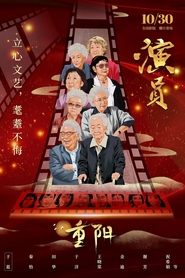 Actor is Chinas first documentary film...
Actor is Chinas first documentary film...Actor 2021
"Actor" is China's first documentary film to explore the virtues and skills of actors. The film takes the "Twenty-Two Big Movie Stars of New China" as the starting point. It will explore the film experience and artistic achievements of the older generation of artists, explore their insights and thinking about the profession of actors for more than half a century, and pay tribute to the century-old Chinese film with the classic film images they created.
 The original intention of the film...
The original intention of the film...For Love with You 2019
The original intention of the film was that there were four young people who used the lens to record the real life of their grandparents. During the creation process, they learned about the current aging situation in China. There are too many elderly people who lack company. So they decided Use what I have learned to shoot this movie "Everything is Like You". From the perspective of young people, it tells ten stories about "old care, filial piety and respect for the elderly". Their actions have been strongly supported by the older generation of film artists. This shooting is an unforgettable creative journey and a cultural heritage with a mission.
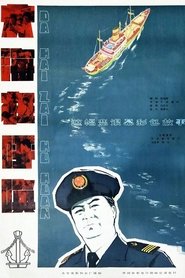 The first post1949 Mainland production to...
The first post1949 Mainland production to...The Sea is Calling 1982
The first post-1949 Mainland production to shoot on location in Hong Kong, this seagoing drama has a dual timeframe connecting pre– and post–Cultural Revolution China, along with introducing one of the era’s most popular movie theme songs. It was a milestone in the career of Mainland film icon Yu Yang (who also directed the film) and provided Paul Fonoroff with what proved to be his largest screen role: a liuxuesheng (foreign exchange student) majoring in oceanography and serving his apprenticeship on a ship helmed by Yu, marking the captain’s return to the sea after the tumultuous Cultural Revolution.
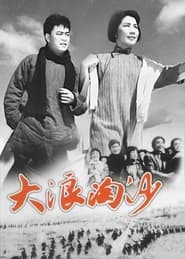 Based on Zhu DaoNans memoir In...
Based on Zhu DaoNans memoir In...Gold and Sand 1966
Based on Zhu Dao-Nan's memoir "In the Flood of the Great Revolution", the film reproduces the historical picture of the changing circumstances of China before and after the Great Revolution through the pursuit, struggle and differentiation of young intellectuals such as Jin Gong-Shou, Gu Da-Ming, and Yang Ru-Kuan in the revolutionary tide.
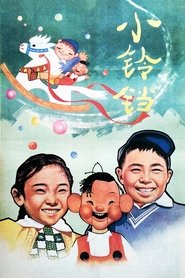 Xiaoman and his younger sister Xiaojia...
Xiaoman and his younger sister Xiaojia...Little Bell 1964
Xiaoman and his younger sister Xiaojia picked up a curtain puppet named "Little Bell" on the road. The younger sister Xiaojia considered that Little Bell might still have performance tasks, and suggested returning it to the puppet troupe immediately.
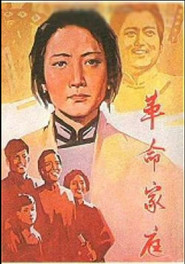 At the age of 16 Zhou Lian...
At the age of 16 Zhou Lian...A Revolutionary Family 1961
At the age of 16 Zhou Lian, who lost her parents at the age of two and was raised by a stepmother, marries Jiang Mei, a progressive young man from Changsha No. 1 Normal School. Jiang Meiqing has also lost both of his parents. The couple has two sons, Liqun, Xiaoqing and daughter Xiaolian. The film follows the family through turbulent times from 1924 to 1930.
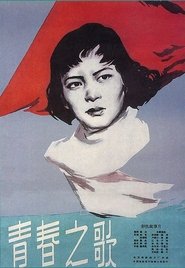 Adapted from a novel of the...
Adapted from a novel of the...Song of Youth 1959
Adapted from a novel of the same title, this film depicts a young woman’s transformation from housewife to loyal Communist. This process is presented as “natural” – possessed of inherent logic rather than merely “incidental”. Hence, the film is really about Communist revolution that won over the hearts and minds of Chinese youth.
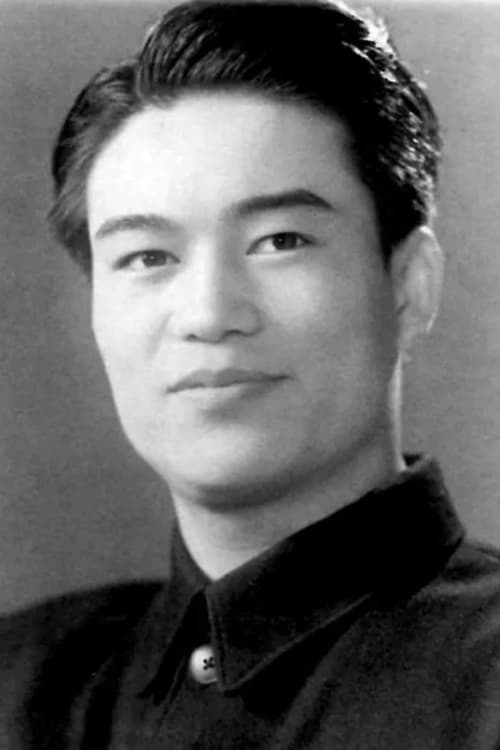
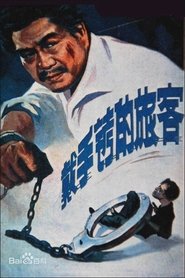
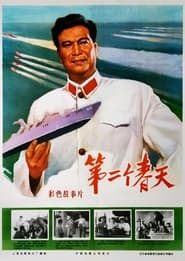
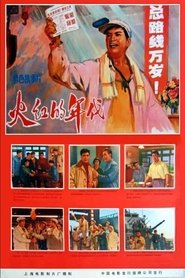 A steel plant staff is in...
A steel plant staff is in...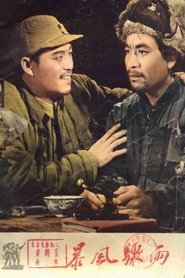
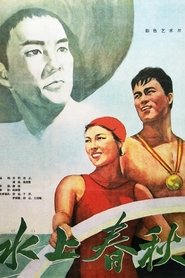 At a 1930s swimming match a...
At a 1930s swimming match a...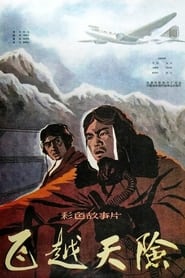
 1950 PLA scout Tai Zeng disguised himself...
1950 PLA scout Tai Zeng disguised himself...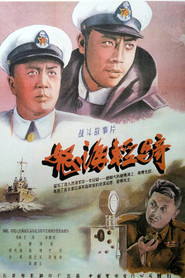
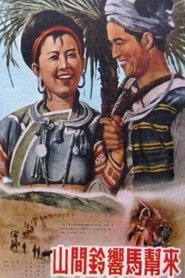 The government sends caravans to Miao...
The government sends caravans to Miao...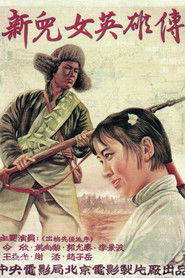
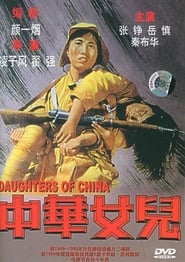 Women play a heroic role in...
Women play a heroic role in...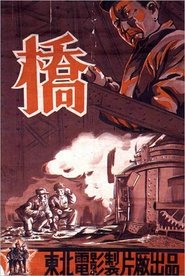 Factory workers in 1947 repair a bridge...
Factory workers in 1947 repair a bridge...